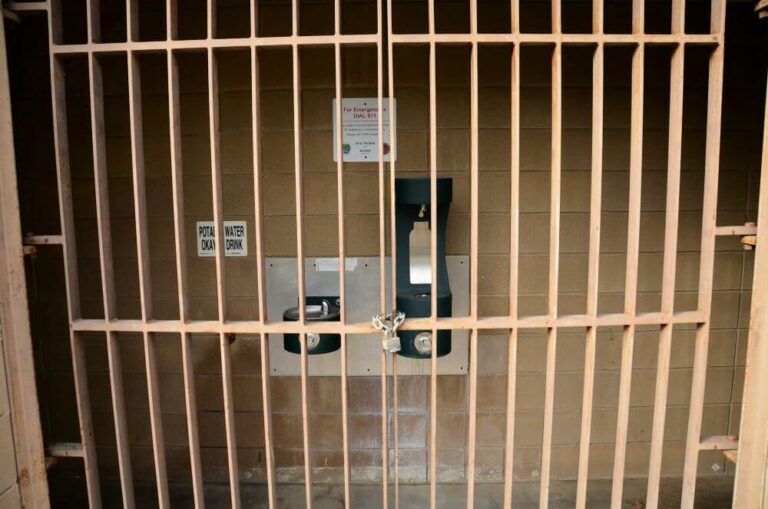Few people are prepared for what to do when a family member is in jail. Obviously, you want to help them walk free as soon as possible and navigate the legal process from the comfort of home, but the process frustrates many families due to its cost and complications.
Most people are released from jail through the bail process. After someone is arrested, the judge will set bail, which is an amount of money that a defendant and their family pay to guarantee that they will come back for their court date. Although the state of California recommends that judges set bail amounts that are in line with a defendant’s financial status, families often can’t afford it.
Bail bonds are a way for families to free their loved ones even if they don’t have a lot of cash on hand. Here is a quick guide to help you navigate the process with peace of mind.
Get the Right Information
The first thing you need to do to navigate the bail bond process successfully is to make sure that you have the right information on hand. If you decide to work with a bail bond agent, someone who helps you pay bail, they will need this information to complete the process for you.
The information you need is usually basic. The personal information this bail bond agent recommends you collect includes the jail location, the person’s name, and birth date. Try to get information about their charges, including the booking number and bail amount.
If you don’t have access to this information, an experienced bail bond agent can find out for you as long as they have the name and birth date.
Secure a Percentage of the Bail and Collateral
A bail bond agent can help you cover the full amount of bail if you are not able to pay it yourself, but your family will still have to cover a percentage of the bail amount. In the state of California, that is about 10% of the total bail amount.
The bond agent will pay the remaining 90% of the bail to release your loved one from jail, but you have to come up with the collateral. Collateral is a financial guarantee that if the person does not show up to trial, your family will pay the bail bond agent. Otherwise, they wind up losing money to the court.
Collateral can be cash, credit cards, physical assets such as cars or jewelry, or mortgages on real estate.
Releasing Your Loved One From Jail Successfully
Once you have accurate information about the bail you have to pay, pay the percentage to the bail bond agent, and successfully find your collateral, the bail bond agent takes over the process for you. They navigate the administrative process, guide you through the paperwork, and communicate with the courts on your behalf to secure your loved one’s release.
Keep in mind that while the bail bond process may be over after your loved one is released from jail, the legal process is not. Make sure that you work with the defendant to attend all court dates, otherwise, you will be in breach of your agreement with the bail bond agent.


